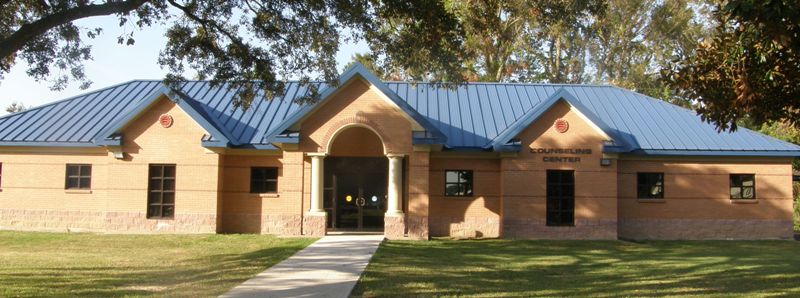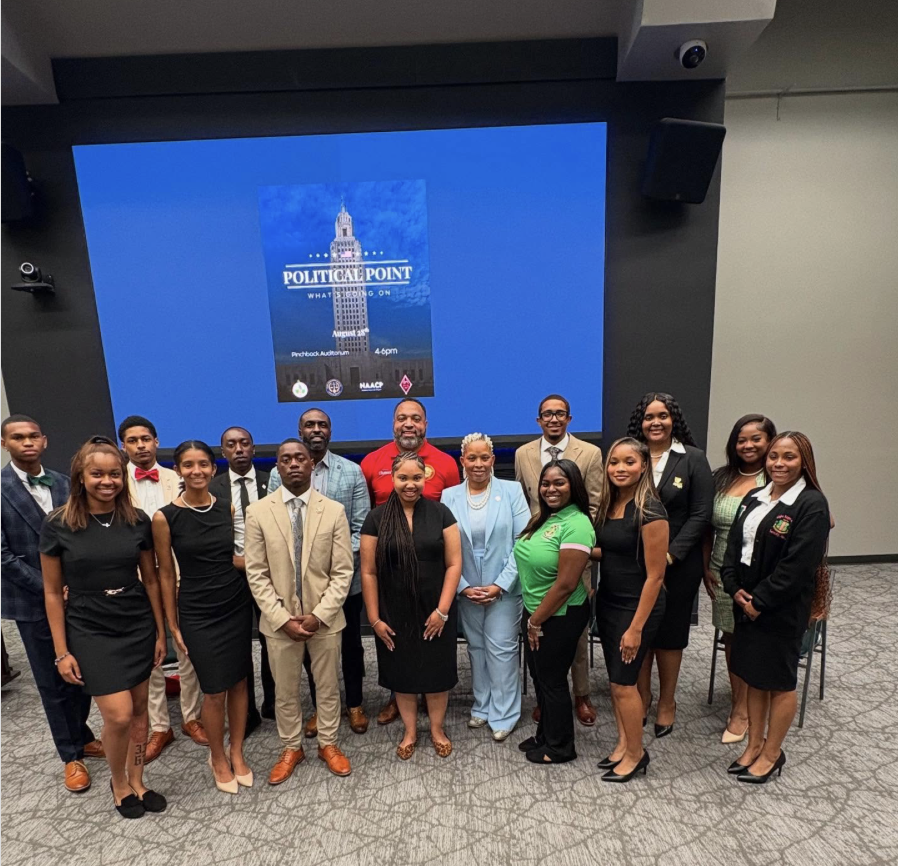Through teacher evaluation forms, students are given the opportunity to hold their professors accountable for the subjects they agree to cover in their course syllabi.
A democratic way to test the professors is to participate honestly in these evaluations, which are designed to show how the students feel professors carried out their plans of matriculation throughout the semester.
Faculty evaluations occur at the end of every fall semester. The evaluations serve as a constructive way for students to voice out opinions on where there is room for improvement.
Ronnie L. Foster, an academic affairs assistant, stressed that it is important to take the time to fill them out legitimately and complete them seriously.
“It only takes a few seconds and students need to be honest,” said Foster.
Teacher evaluations are a part of the SACS (Southern Association of Colleges and Schools) requirements. SACS is the accrediting agency used to evaluate Southern’s faculty. The evaluations are components of the performance criteria used by the organization to test professors.
Each school involved in SACS has their own specific evaluation. Some have one created by SACS and others, like Southern, have created their own.
About three years ago, a faculty committee created the current evaluation sheet, which provides questions ranging from tardiness to office hours.
Officials declared that the results are valued and legitimately affect the careers of professors; they are used to help decide important factors such as tenure and possible promotions.
Although it only takes a few seconds to fill one out, it isn’t taken seriously by many students. Some students don’t see the purpose because evaluations are given when the semester is over and the results aren’t viewed until the subsequent semester.
According to economics professor Diop Hamaby, evaluations provide a balance where students get the opportunity to help implement where they feel change is needed in a particular class.
“We look for you (as students) to raise the expectation,” said Hamaby
Others feel it’s essential and beneficial to the students because it provides a way of getting their monies worth out of the Southern learning experience.
“They are beneficial, if they really take into account what the students really say; I don’t see the point in them all the time and sometimes it depends if the students are flunking or not,” said Joseph Walker, a junior mathematics major from Greenville, Miss.
Some students are impartial like senior music major Marcella Radcliff, who completes the evaluations although she doesn’t know what they are for.
However, Foster believes that most students are conscientious and know their importance in assisting with their own learning.
Whether their grades are good or bad, many students agree with Foster in that when filling out the questionnaire, honesty is the best policy.
Categories:
Students voice opinion through teacher evaluation forms
January 25, 2008
0
More to Discover





